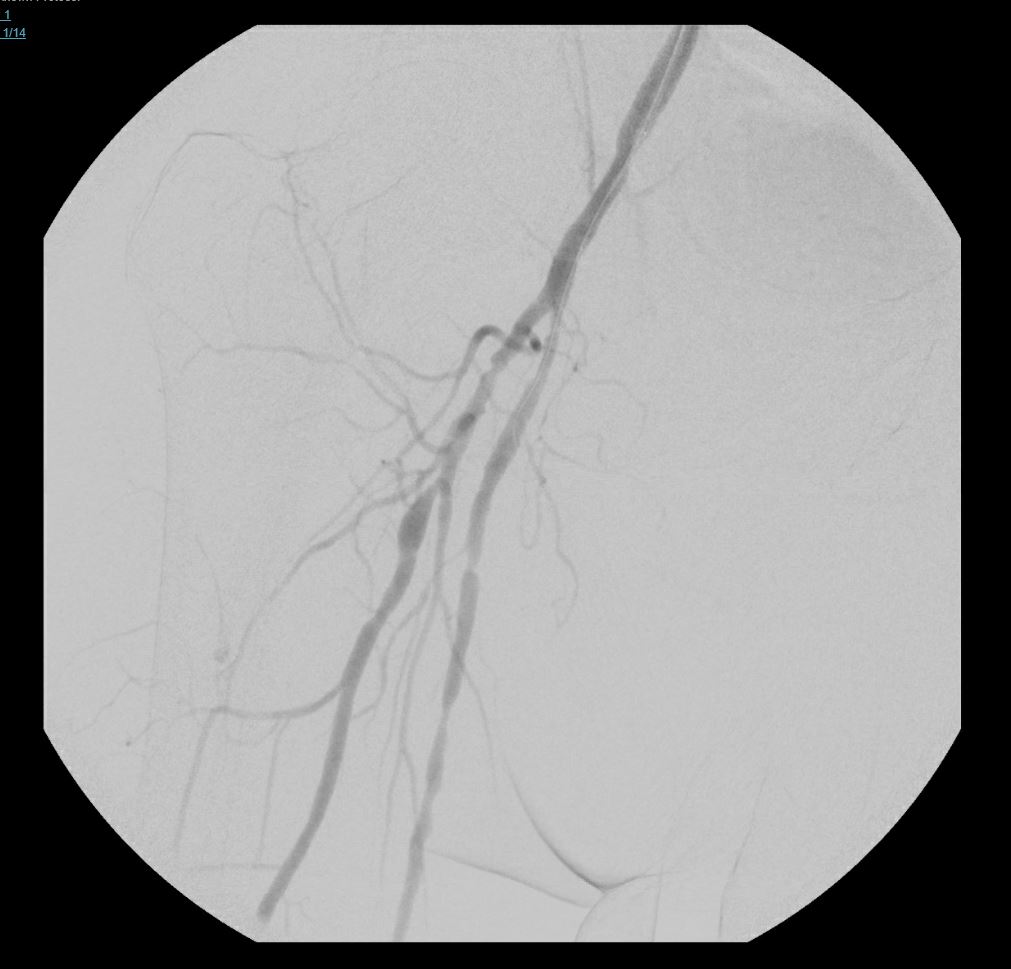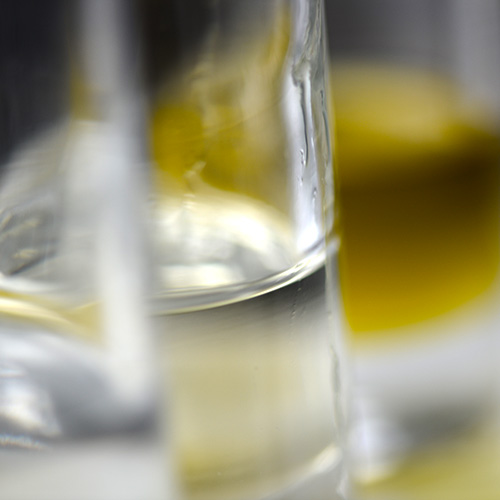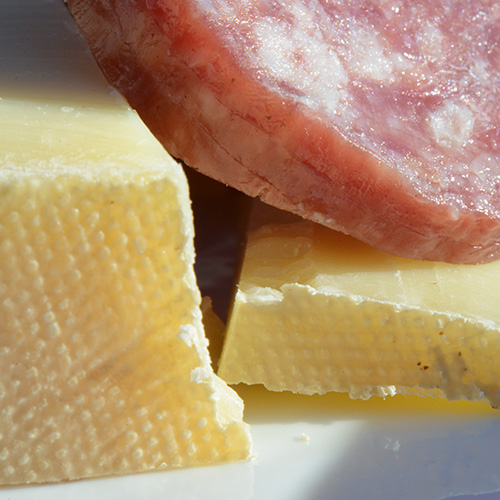Cholesterol is a fat-like substance that is waxy and occurs naturally in many parts of the body. The body has the capacity to synthesize its own cholesterol though it can also be sourced from the diet. Cholesterol is essential for survival of the human body. It has important physiological functions in the body. This includes synthesis of cell membranes. It is also a component of bile juices. Cholesterol is the raw product for the synthesis of vitamin D and steroid hormones such as cortisol and aldosterone. In high levels, cholesterol has adverse effects on the health. It is deposited in the blood vessel walls resulting in narrowing of the lumen with subsequent decrease in blood flow. High cholesterol in blood most often results from excess dietary intake. However some familial conditions such as familial hypercholestrolemia result in elevated cholesterol independent of dietary intake. High cholesterol is a major risk factor for coronary heart disease. It is important to have cholesterol levels monitored with an optimum target of 200mg/dl.




